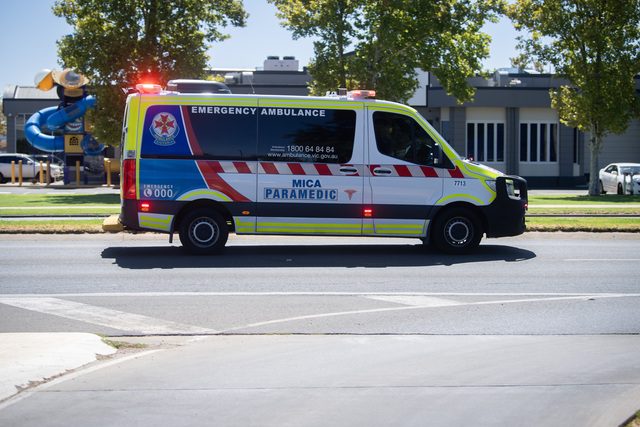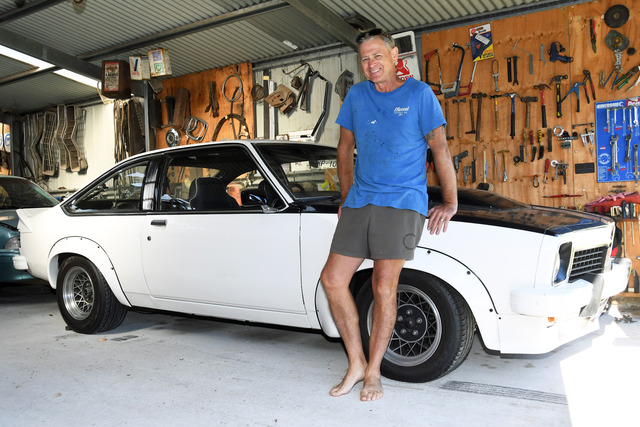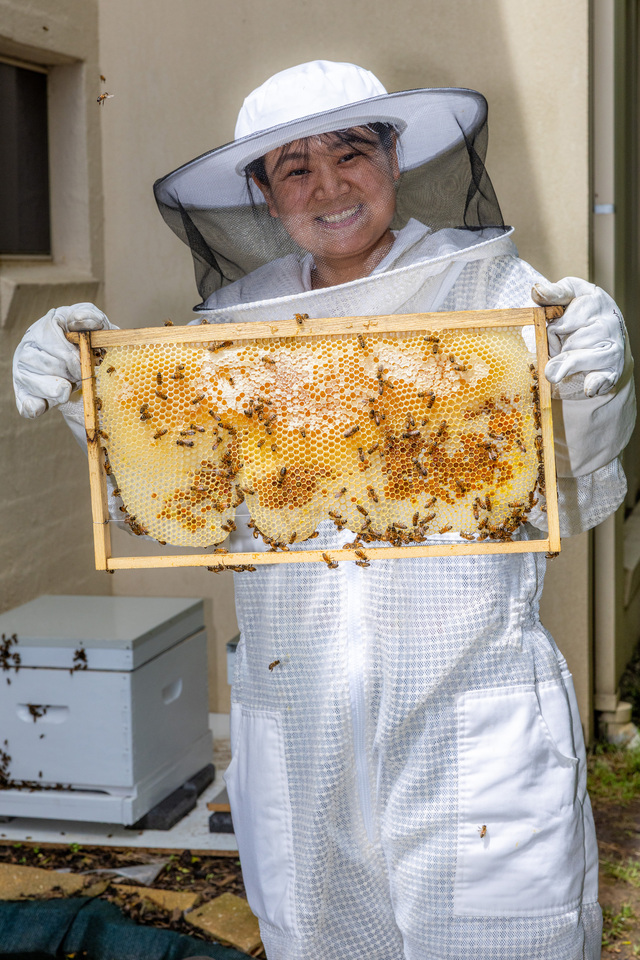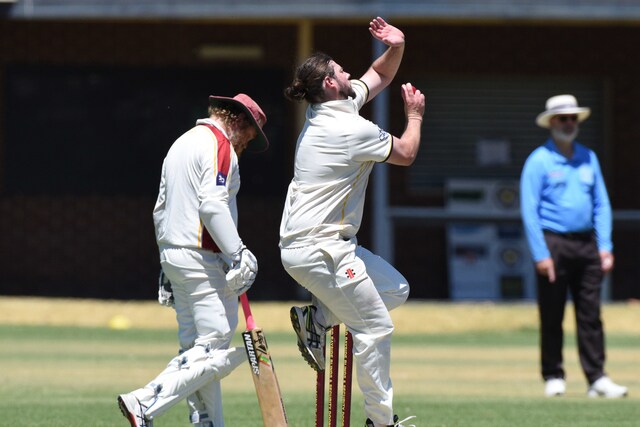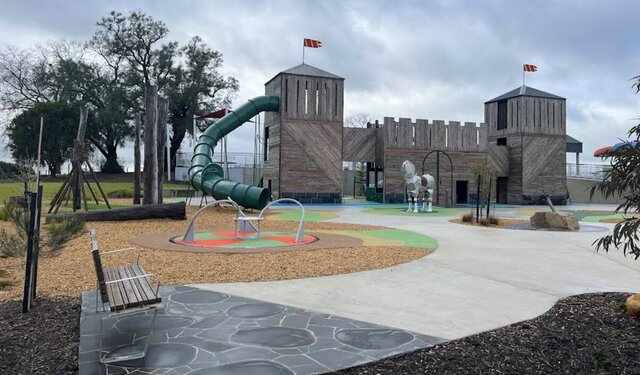– Sarah Schwager
CASEY Council is doing its best to keep its sporting grounds green after the introduction of tough stage three water restrictions.
Last week’s council meeting approved an application to South East Water for an exemption from water restrictions for a quarter of its sporting grounds.
South East Water has said the council can water a quarter of its playing surfaces as long as a 25 per cent reduction in potable water use can be demonstrated through a water management plan.
The council has proposed seven of Casey’s 27 football ovals, three of its 12 soccer grounds, one of two rugby grounds and two of 10 baseball pitches be eligible for watering under the water company’s exemption process.
Casey’s gridiron and athletics tracks will be left out of the equation. The drought has already resulted in most local football and soccer clubs being banned from training on their grounds until further notice from the council.
Local clubs have complained of grounds being drier than ever before.
Cranbourne Meadows Cricket Club secretary Jason Barney said the grass at Lawson Poole Reserve was the driest it had ever been.
“The ground is really suffering. On hot days the pitch is like concrete. We end up coming up all grazed,” he said.
“We all just want to play so we put up with it.”
Grounds to be irrigated include Edwin Flack, Max Pawsey, Narre Warren North, Pearcedale, Reid, Robinson and Sweeney football ovals, Jack Thomas, Reema and Waratah soccer fields, Cyril Molyneaux and Sweeney softball and baseball diamonds and Frog Hollow rugby field.
Those grounds have all been selected by the council for the playing surfaces only to be watered.
Grounds surrounding the playing surfaces are not included in the exemptions.
Lawson Poole Recreation Reserve committee of management secretary Linda Gladstone said the main thing she was concerned about was keeping the athletics track watered.
“If it is dry it could be really dangerous for the kids,” she said.
Casey works and operations manager Alex Micheli said council officers would conduct routine inspections of the grounds to make sure the migration of water was getting into the ground so they were up to scratch for the sporting season.
He said 12 of Casey’s reserves were serviced by water tanks and so did not need to be included in the exemptions.
Grounds to be watered
Digital Editions
-

Dragons, lions, and drums at Bunjil Place Year of the Horse celebration
Bunjil Place was lit up on Saturday night as crowds gathered for the Year of the Horse celebration featuring dragon and lion dances alongside live…







